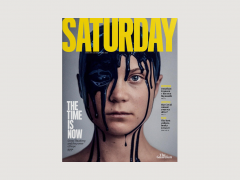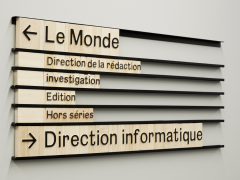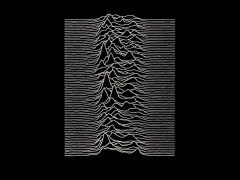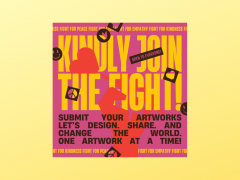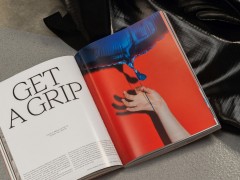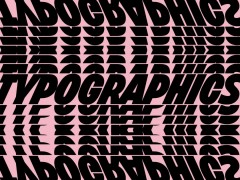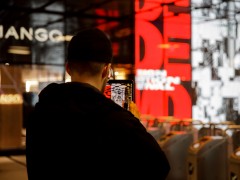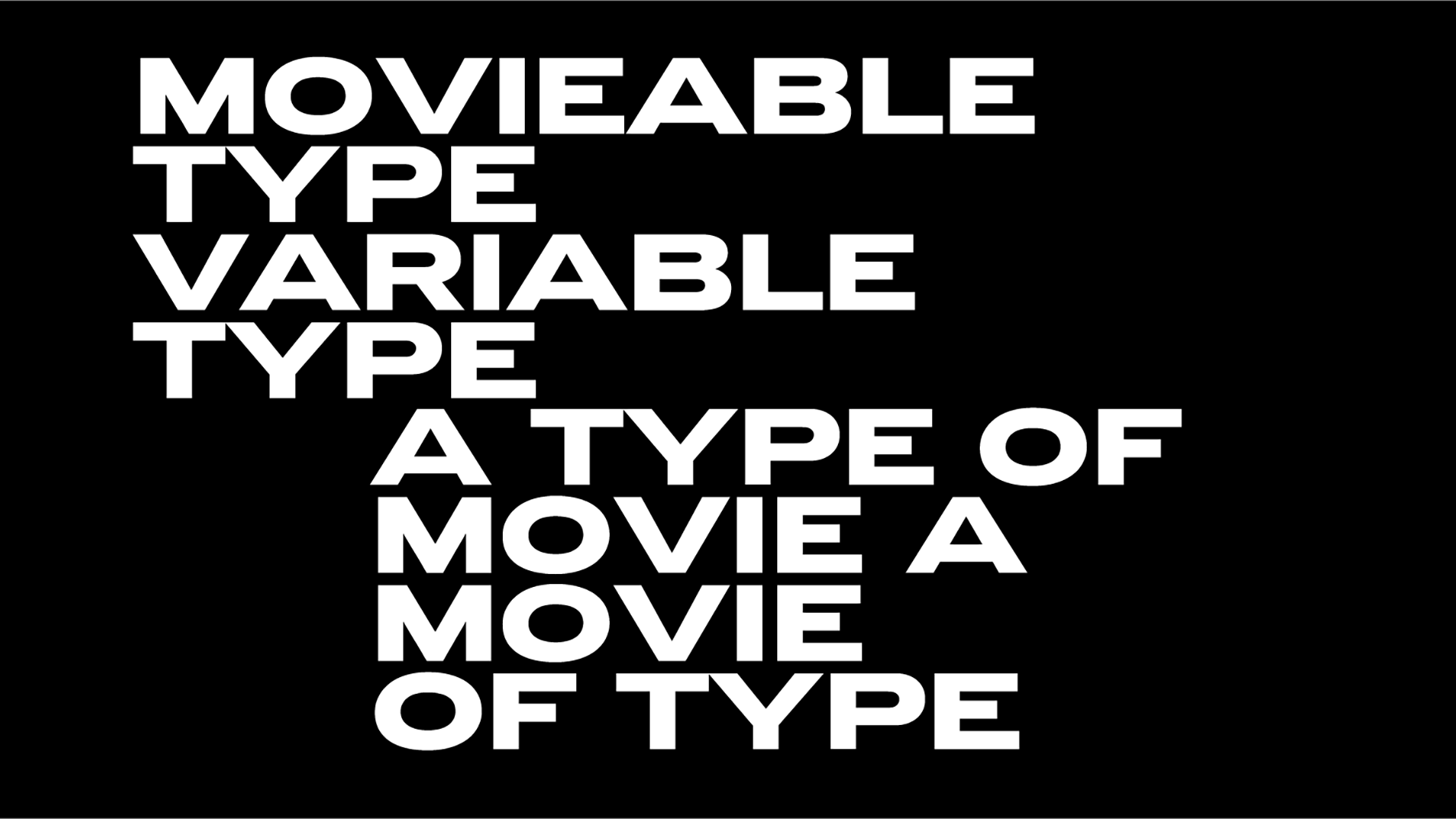Monotype X Neurons: a new research proves that fonts do trigger certain emotions
Can fonts influence our response to taglines and slogans? Can they encourage us to perceive a company logo in a more positive way? Do they really build trust between brands and consumers?
Monotype released new research demonstrating the emotional impact of type on consumers and the results are insightful.
The first study of its kind to understand how fonts drive experiences, associations and emotional response to brands and messages, the research is the result of Monotype’s partnership with applied neuroscience company Neurons.
In order to test how fonts trigger a viewer’s emotions, the scientists tested three contrasting typefaces and eventually found that typeface choice alone plays a significant role in how people feel—boosting their positive response by up to 13%.
“This study tested our biggest assumptions about consumers’ emotional response to type and confirmed everything the broader design community has believed about type for decades—that it measurably affects consumers recognition of, confidence in, and recollection of brands,” said James Fooks-Bale, Monotype senior brand director.
“Even in the absence of color, logo, movement or any other traditional element of visual identity, typography plays a crucial role in conveying trust, sincerity, and reliability—brand marketers, agencies, and creatives should take note.”
Type is the core element in branding: Panos Vassiliou explains
For the study, Monotype and Neurons surveyed 400 people using three kinds of stimuli: single words, a sentence using those words, and a sentence with the words including a brand.
Each of these was set in three typefaces – FS Jack, a humanist sans; Gilroy, a geometric sans; and Cotford, a languid serif.
While these types look similar to brands consumers have seen, they were not associated with actual brands to avoid pre-existing associations. Respondents rated the combinations using a range of emotional metrics – such as how sincere, memorable, trustworthy, or confident they felt.
“This study shows that we have emotional relationships with type and our brains have a significant response to letter shape. The results in this study far exceed the typical 0-5% positive response to typeface,” commented Thomas Zoëga Ramsøy, founder and CEO of Neurons. “The importance of branding has never been more evident, but these responses are typically unconscious, making them hard to measure with traditional means. Here, the ability of applied neuroscience to uncover cognitive responses that help brands and creatives build high-impact messages and experiences is clear.”
“Our work with Neurons reinforces type’s powerful effect on people. Simple shapes of a letter—what many take for granted—can spark a cognitive and emotional reaction, leading to a subconscious judgement around a brand’s honesty, sincerity or innovation,” added Phil Garnham, senior creative type director at Monotype. “On the flip side, brands that take type for granted and employ a poorly chosen typeface risk alienating their customers, negatively impacting the bottom line.”
Following are some findings. The type makes brand messaging memorable and letters closer to calligraphy may prompt a deeper, instinctive emotional reaction. The type makes consumers feel secure and a typeface with strong roots in calligraphy can elicit an immediate sense of trust in the reader. Geometric sans serifs have become visual shorthand for reliability and success. The type gives brands a competitive edge.
The report introduces several key findings, and the authors also point out that the potential to uncover more through sentiment testing is vast, and future research will explore the emotional impact of type even further.
Monotype X Neuron provided an ebook and a webinar on-demand for those who want to learn the many attributes a type system encompasses.
Get the details here.
Tags/ typography, typeface, geometric, monotype, fonts, research, humanist, serif

